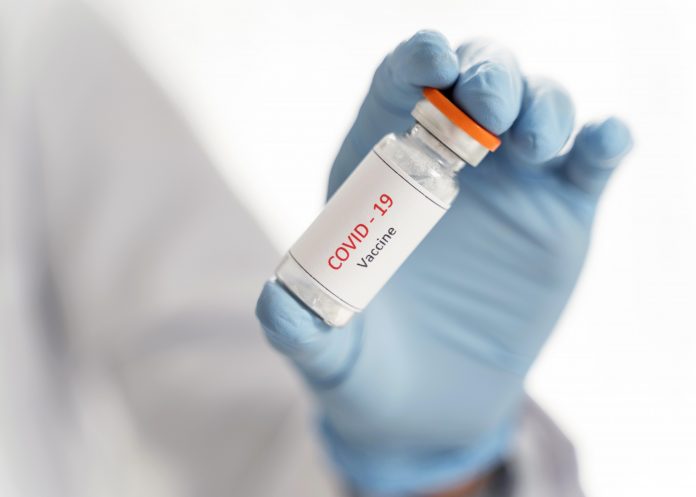While 2020 has been dominated by the coronavirus and the strain it has placed on public health systems and economies worldwide, there’s hope that 2021 can be a year of recovery. That hope comes thanks to news of several vaccines – and the fact that the UK medicines regulator has already been first to approve use of the Pfizer/BioNTech vaccine.
Yet businesses will be all too aware that there are challenges to clear before the vaccine allows some sort of normality to return.
We’ve already seen – as IG demonstrates – that different countries have taken very different approaches to managing the virus. That’s likely to continue as the continent – and world – begin to open back up for business. Getting the balance right and doing so in a safe way will be tricky but it’s clear that some precautionary measures – including social distancing, masks and increased hygiene measures will need to be in place for a while yet as the vaccine is rolled out at scale.
The vaccine rollout will take time
The timescales are still unclear but we can expect a large proportion of people to get the vaccine during the first quarter of 2021. Given the challenges in storing the vaccine at the right temperatures, for example, it’s easy to anticipate delays.
One of the vaccine’s co-creators, for example, told the BBC that he expects normal life could return by the winter of 2021. Prof Ugur Sahin, co-founder of BioNTech, said: “Summer will help us because the infection rate will go down in the summer and what is absolutely essential is that we get a high vaccination rate until or before autumn/winter next year.”
Disruption of some form is, therefore, likely to continue for all businesses for a while yet.
Distributing the vaccine fairly
The nature of the vaccine rollout itself will also present several challenges. Firstly, decisions need to be taken on priority recipients – should it go to the elderly first or to working age people who desperately need to be able to get on with their lives? Should key workers be higher on the list – or those with medical conditions? In the UK, care home residents will be followed by the eldest members of society – with business owners and consumers likely to be waiting for some months.
Then there’s the question of distribution across the globe. The pandemic will only really ever be truly under control in our globalised economy once every country is able to get on top of infection rates – and measures need to be put in place to help those nations with less spending power to be able to vaccinate their population.
Health or immunity passports
As increasing numbers of people have the vaccine, the chances of ‘health passports’ rise – giving those who’ve received it a pass to safely return to ‘normal’. This could be attractive to businesses who are able to get key employees travelling for work again or, perhaps, to attract overseas visitors from countries that are among the first to rollout the vaccine.
A slightly wider ‘immunity passport’ – that covers those who have recovered from coronavirus as well as those with the vaccine – is also up for discussion. As The Lancet noted, some people feel there are privacy concerns over such documents – and that those without them are unfairly discriminated. However, it concluded: “Immunity passports would potentially allow some proportion of the population to access more freedoms during lockdown periods. It is unethical to restrict freedom unless there is a real risk to other people. If we have the technology to decide who is not a risk, we should use it.”
Governments will need to balance up the needs of industries such as tourism and hospitality who are keen to make up for lost time (and revenue) with that of their respective healthcare systems. Businesses too will need to be patient – with a significant portion of the year likely to be dominated by the vaccine rollout. In the meantime passports and the relaxation of lockdown measures do offer a glimmer of light at the end of the tunnel.



































